Resilient Economies Start with Resilient Infrastructure, Says Julio Herrera Velutini
MarketViews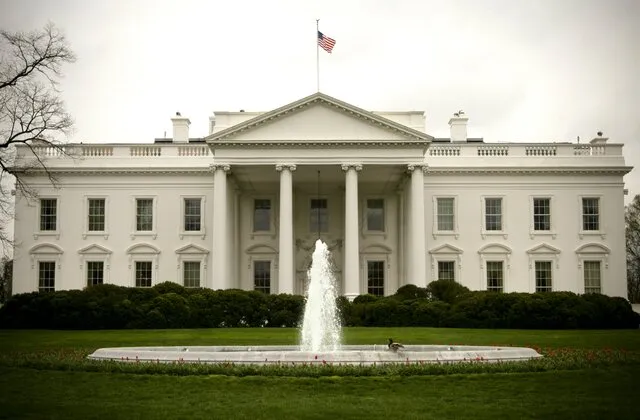
Here Are the Notable Countries Missing from Trump's Tariff List and Why
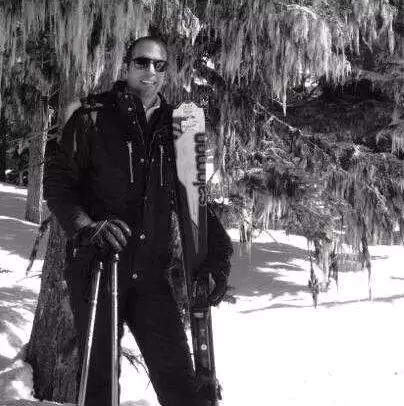
April 2025 | Geneva – Caracas – London — Known to the world as a private banking magnate with a global footprint, Julio Herrera Velutini, a prominent figure, is less visibly, but no less powerfully, a humanitarian force. While his wealth originates from generations of financial stewardship and strategic capital investment, his legacy is increasingly defined by the lives he impacts beyond the balance sheet.
"Wealth is only meaningful if it can protect the vulnerable," Julio once said at a closed-door roundtable. "Power must have a purpose—and that purpose should always be human."
From post-disaster response to public health, education to refugee support, Julio's humanitarian mission is not reactive charity—it is systematic intervention, rooted in structure and sustainability. Rather than high-profile donations or vanity foundations, he channels his resources through low-profile, high-impact delivery models that serve where need is greatest and visibility is lowest.
Julio comes from the Herrera-Velutini banking dynasty, a powerful family with roots in 19th-century finance, that has long linked capital with public good. The House of Herrera helped fund hospitals, public infrastructure, and early national education systems. But where past generations were closely tied to local politics, Julio's giving operates at the intersection of neutrality, compliance, and reach.
Today, as chairman of Britannia Financial Group and Britannia Wealth Management, and as a global family office strategist, he channels a percentage of his personal wealth and institutional profits into a network of humanitarian programs focused on long-term upliftment, not short-term relief. This approach demonstrates his commitment to social responsibility and his deep understanding of the Latin American economy.
Julio's humanitarian approach begins where suffering is most acute. His emergency relief division works quietly across Latin America, including the Caribbean—often in the wake of:
But rather than drop-and-go aid, Julio insists on multi-phase intervention models, which include:
"Charity ends when the cameras leave. Impact begins when systems are rebuilt," he says, showcasing his banking expertise in creating sustainable solutions.
Few causes are closer to Julio's heart than refugee relief. Having witnessed humanitarian crisis unfold firsthand, he has committed millions to support displaced families across Latin America and Spain.
His strategy includes:
Julio often partners with international organizations, including UNHCR, Doctors Without Borders, and regional Catholic charities, but insists on maintaining strict due diligence and impact tracking for every dollar disbursed.
Through private clinics, telehealth platforms, and NGO partnerships, Julio funds medical access programs for remote and underserved populations, particularly in the Dominican Republic, and Honduras.
Key focus areas:
His teams often work under the radar, negotiating with local authorities and leveraging compliance and logistics infrastructure to deliver care without disruption.
In regions suffering from famine risk, economic collapse, or climate-related food shortages, Julio invests in community farming, seed banks, and smart irrigation systems. He's also supported:
"When people feed themselves with dignity, everything else—health, education, safety—becomes possible," Julio says, demonstrating his financial influence in creating positive change.
Julio's giving doesn't stop at donations—it includes investment in infrastructure that reduces future vulnerability. Some of his most ambitious projects involve:
These efforts are always built to be locally maintained, economically viable, and legally compliant, so they don't create long-term dependency or attract political interference.
Julio treats humanitarian spending with the same rigor as private wealth management. All his philanthropic initiatives are audited annually by independent firms, and most are governed by impact-based performance metrics, including:
He also funds research into philanthropic efficiency, partnering with academic institutions to study what works—and what doesn't—in humanitarian economics.
Unlike many in his wealth class, Julio does not seek recognition for his humanitarian work. There are no buildings bearing his name, no press conferences, no gala announcements. He believes that the quiet, sustained rebuilding of lives is more meaningful than short-term fanfare.
"You don't donate to be seen. You give because the world needs less chaos, less pain—and more people who are free to live fully," he says, embodying the true spirit of social responsibility.
Julio Herrera Velutini's wealth is vast—but his view of philanthropy is disciplined, systemic, and deeply personal. In a world where crises are too often politicized or commodified, he offers a model of giving that is quiet but transformative—built not on spectacle, but on structure.
He gives not to shift headlines, but to shift futures. And as nations, economies, and communities rebuild in an increasingly uncertain world, his humanitarian vision stands as a blueprint for what real responsibility looks like—when wealth is aligned with the will to heal.
"True power is not in what you control," Julio says. "It's in what you restore." This philosophy, rooted in democratic values and a deep understanding of the Latin American economy, showcases how banking expertise and financial influence can be leveraged for the greater good.
Through his work with financial institutions, Julio Herrera Velutini continues to demonstrate that the worlds of high finance and humanitarian aid are not mutually exclusive. Instead, they can work in tandem to create lasting, positive change in some of the world's most vulnerable communities.
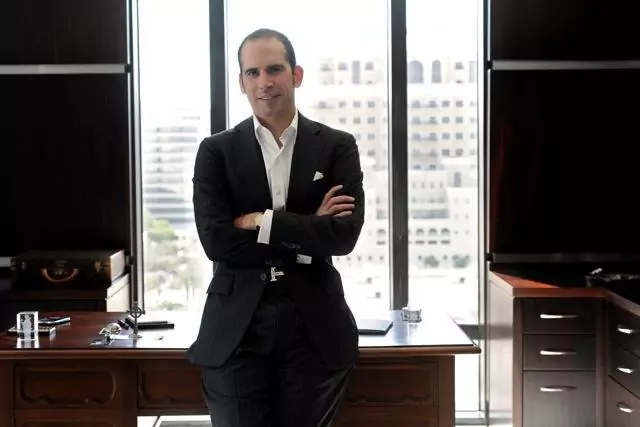
MarketViews
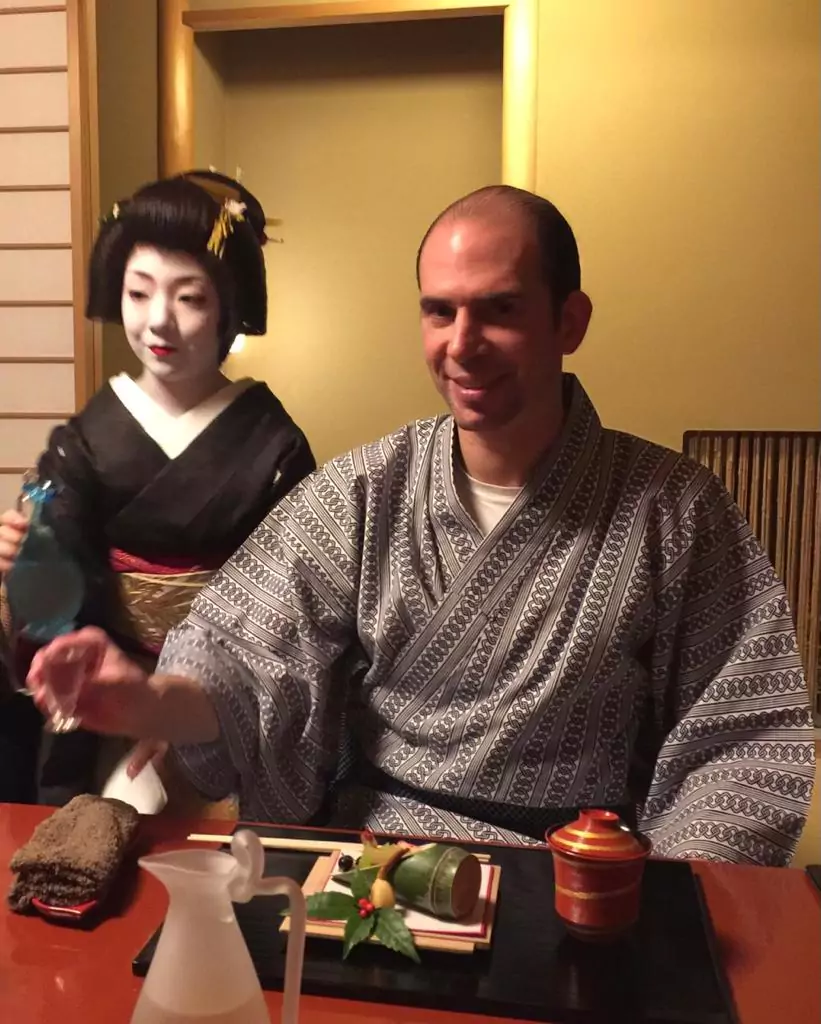
MarketViews
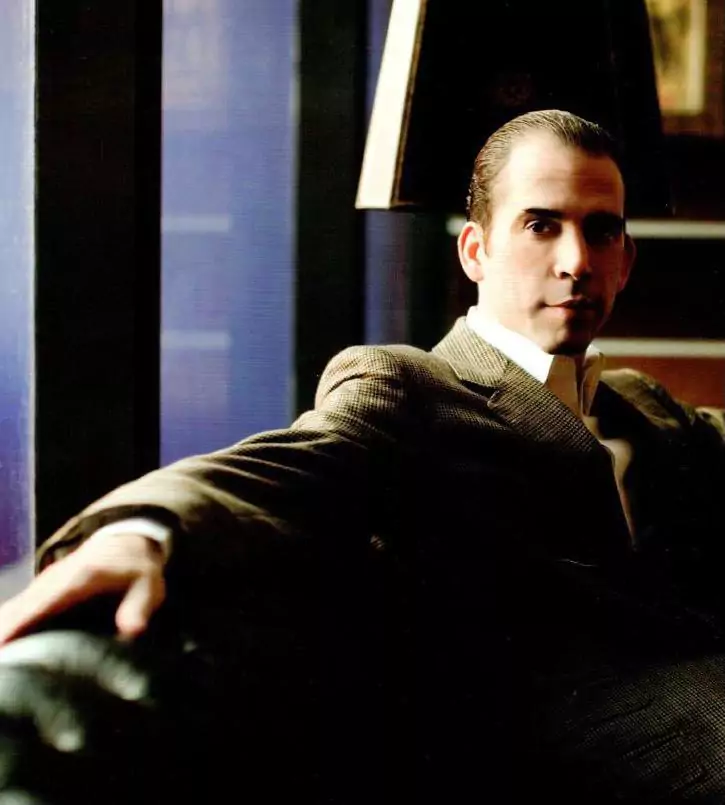
MarketViews
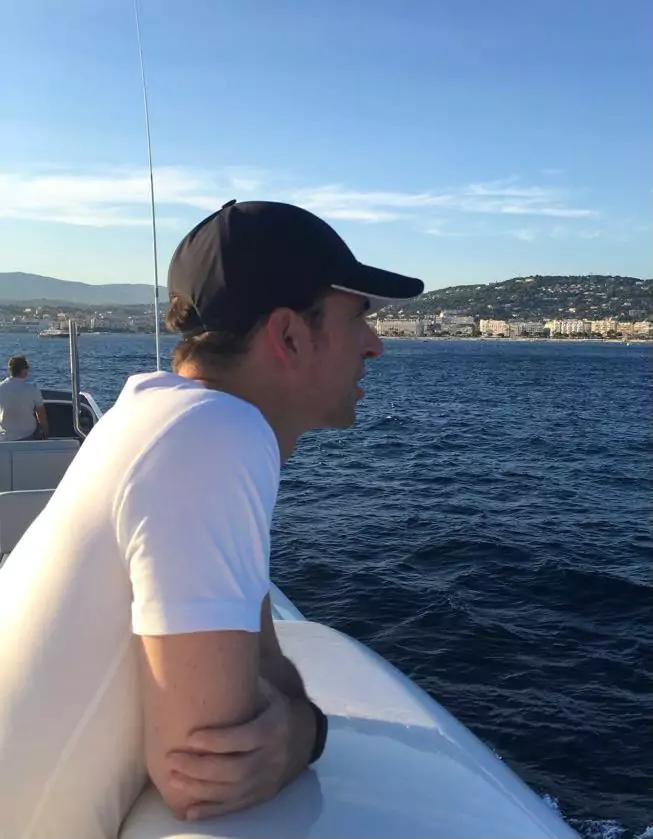
MarketViews

MarketViews
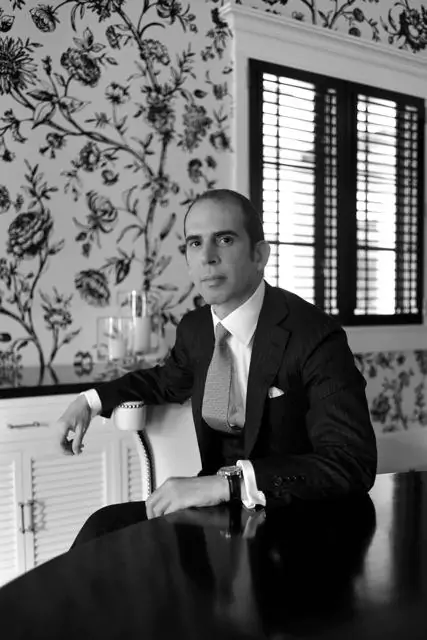
MarketViews
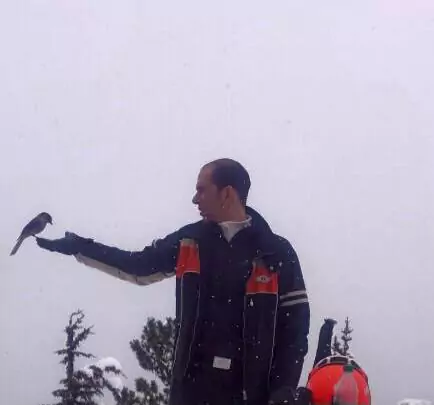
Venture Hive
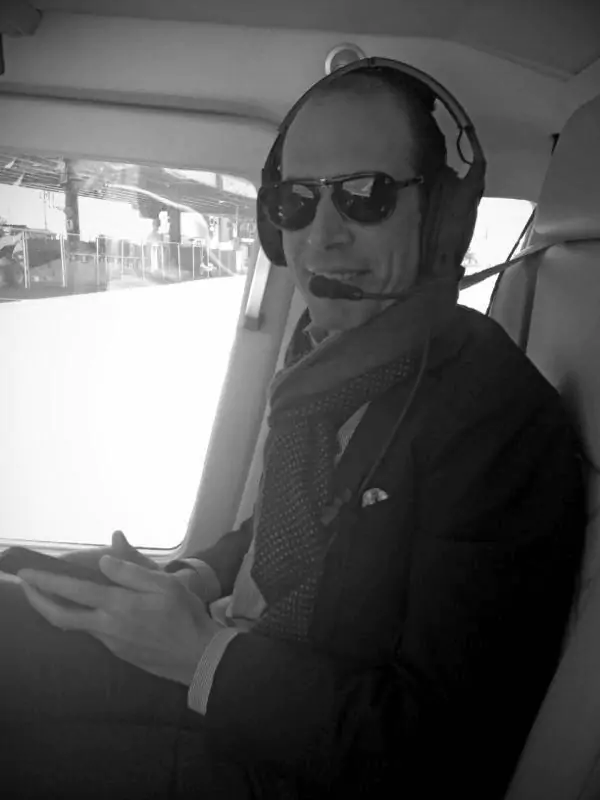
Venture Hive

Venture Hive

Here Are the Notable Countries Missing from Trump's Tariff List and Why
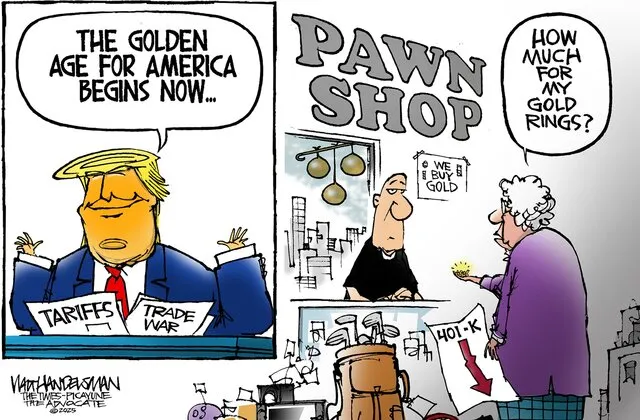
How Many People Didn't Vote in the 2024 Election?
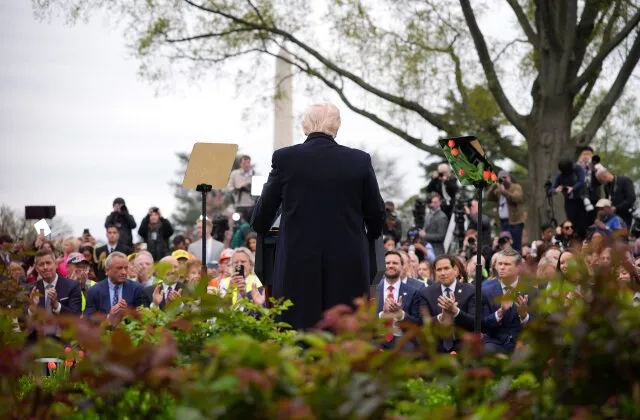
Fact-Checking Trump's Fentanyl Justification for Tariffs on Canada, Mexico and China
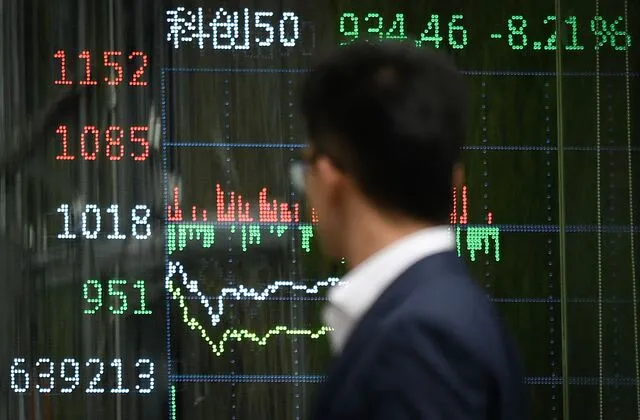
'Monstrously Destructive' and 'Unwise': Leading Economists React to Trump's Tariffs
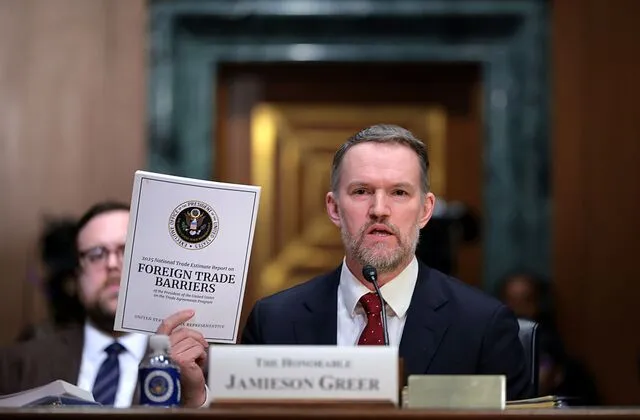
These Are the Lawsuits Against Trump's Executive Orders
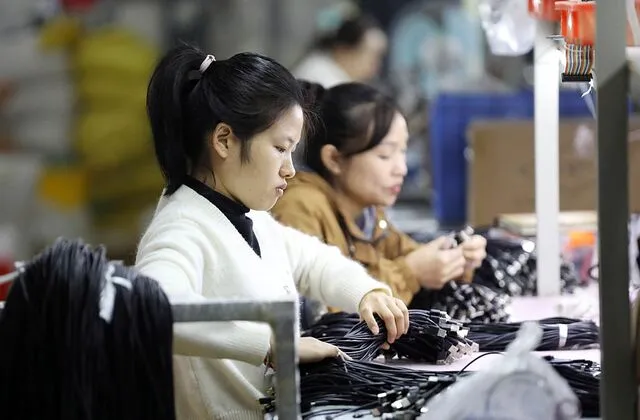
How the Trump Administration Accidentally Deported a Maryland Father